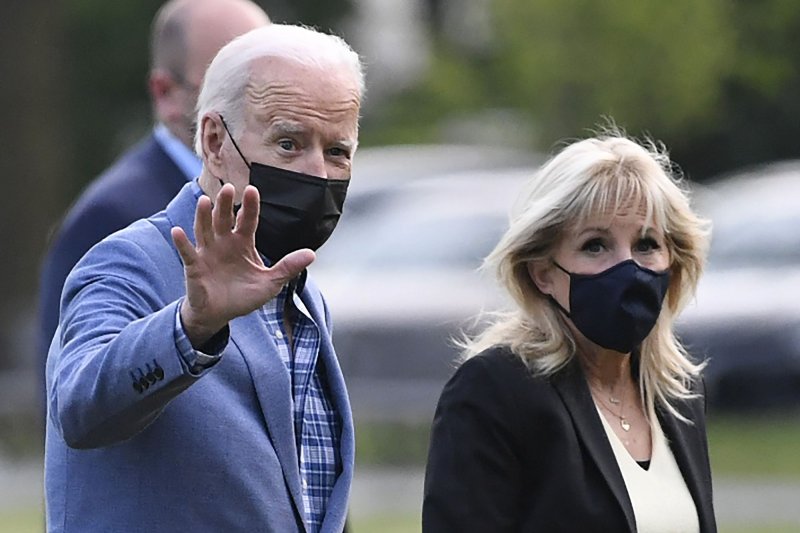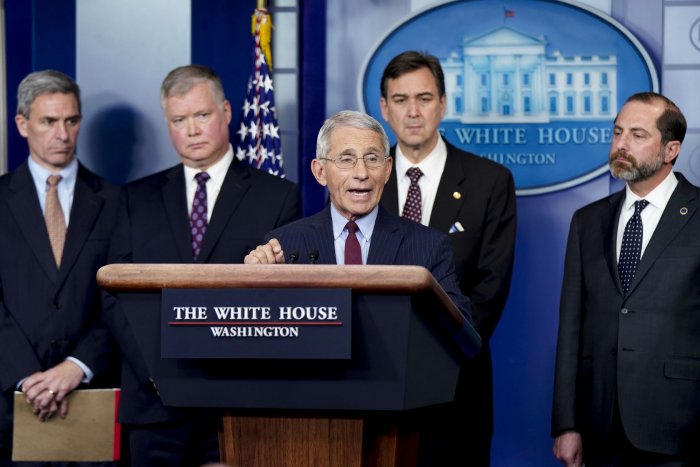President Joe Biden waves to reporters as he and first lady Jill Biden return to the White House on Sunday after spending the weekend at their home in Wilmington, Del. Photo by Mike Theiler/UPI |
License Photo
April 26 (UPI) -- President Joe Biden's administration announced a program Monday that aims to feed more than 30 million low-income children this summer who won't get normal meals because they're out of school.
Biden's Agriculture Department announced the program, which it said will be one of the largest summer food programs in U.S. history.
Under the program, the funds will provide up to 34 million children about $375 each to buy food for about 10 weeks they're are out of school.
The food program will be driven by an expansion of the department's Pandemic Electronic Benefit Transfer funds. Funding was provided by Biden's American Rescue Plan, which was approved by Congress earlier this year.
The department said many low-income American children lack access to nutritional meals during the summertime.
Since March 2020, the PEBT funds have provided money for families to make up for meals missed by closures of schools nationwide due to COVID-19. The funds were set to expire this summer but will now continue through the pandemic.
"The expansion of PEBT benefits over the summer is a first-of-its-kind, game-changing intervention to reduce child hunger in the United States," Agriculture Secretary Tom Vilsack said in a statement. "By providing low-income families with a simple benefit over the summer months, [we are] using an evidenced-based solution to drive down hunger and ensure no child has to miss a meal."
The department noted that food insecurity disproportionately impacts communities of color. According to department statistics, more than 1 in 5 Black and Latino adults are living in food-insecure households, compared to just 1 in 9 adults overall.
"Help is here for financially stressed families trying to put food on the table," added Stacy Dean, deputy undersecretary for the department's Food, Nutrition, and Consumer Services.
"Our nutrition assistance programs are powerful tools that are critical to America reaching a full and equitable recovery from the pandemic."
January 31, 2020
National Institutes of Health official Dr. Anthony Fauci (C) speaks about the coronavirus during a press briefing at the White House in Washington, D.C. Health and Human Services Secretary Alexander Azar (L) announced that the United States is declaring the virus a public health emergency and issued a federal quarantine order of 14 days for 195 Americans. Photo by Leigh Vogel/UPI |
License Photo
















